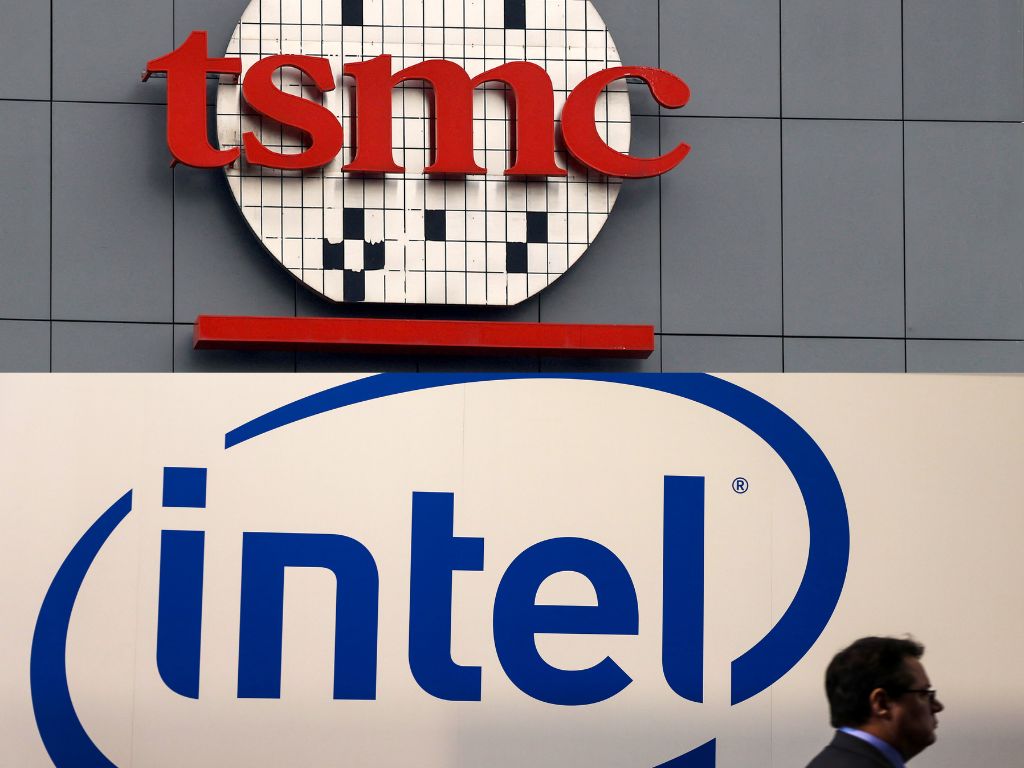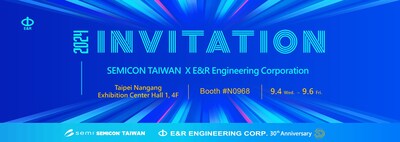

Glass substrates are being recognized as a key technology as semiconductor giants like TSMC, Intel, and Samsung are trying hard to sustain Moore's Law (doubling the number of transistors on a chip approximately every two years). Glass substrates offer superior wiring density and thermal stability compared to traditional organic substrates. For instance, glass substrates can support higher signal performance, and their extreme flatness allows for more precise manufacturing, enabling the integration of more transistors.
Glass can also support higher voltages, making it ideal for advanced applications like AI chips and high-speed communication devices - tech that will most likely power the next generation of countless appliances. Intel, leading in glass substrate development, claims mass production by 2026. Future processors will be capable of having more tiles or chiplets in a way smaller footprint. Intel believes that the density could reach 1 trillion transistors per package by 2030.
On the other hand, TSMC, under pressure from NVIDIA, has revived its glass substrate research to keep pace with competitors. The Wccftech report also highlights that Intel having the lead on glass substrate development doesn't necessarily mean that TSMC will lag too far behind. Rather, the Taiwanese company has been making moves, having recently acquired an idle plant from Innolux, a flat-panel display maker, with the intention of converting it into a new chip packaging production line using FOPLP tech.
Taiwanese manufacturers have also formed the "E-core System Alliance of Glass Substrate Suppliers" to pool expertise and capitalize on this technology. The alliance focuses on refining processes like Through-Glass Via (TGV), which has been a bottleneck in scaling glass substrates for mass production. The year 2024 is already shaping up to be a big one for TSMC, with the company recently kicking off Apple's 2nm chipset trial production as well.

The above is the detailed content of TSMC announces revival of glass substrate R&D, challenging Intel\'s lead in advanced packaging tech. For more information, please follow other related articles on the PHP Chinese website!




